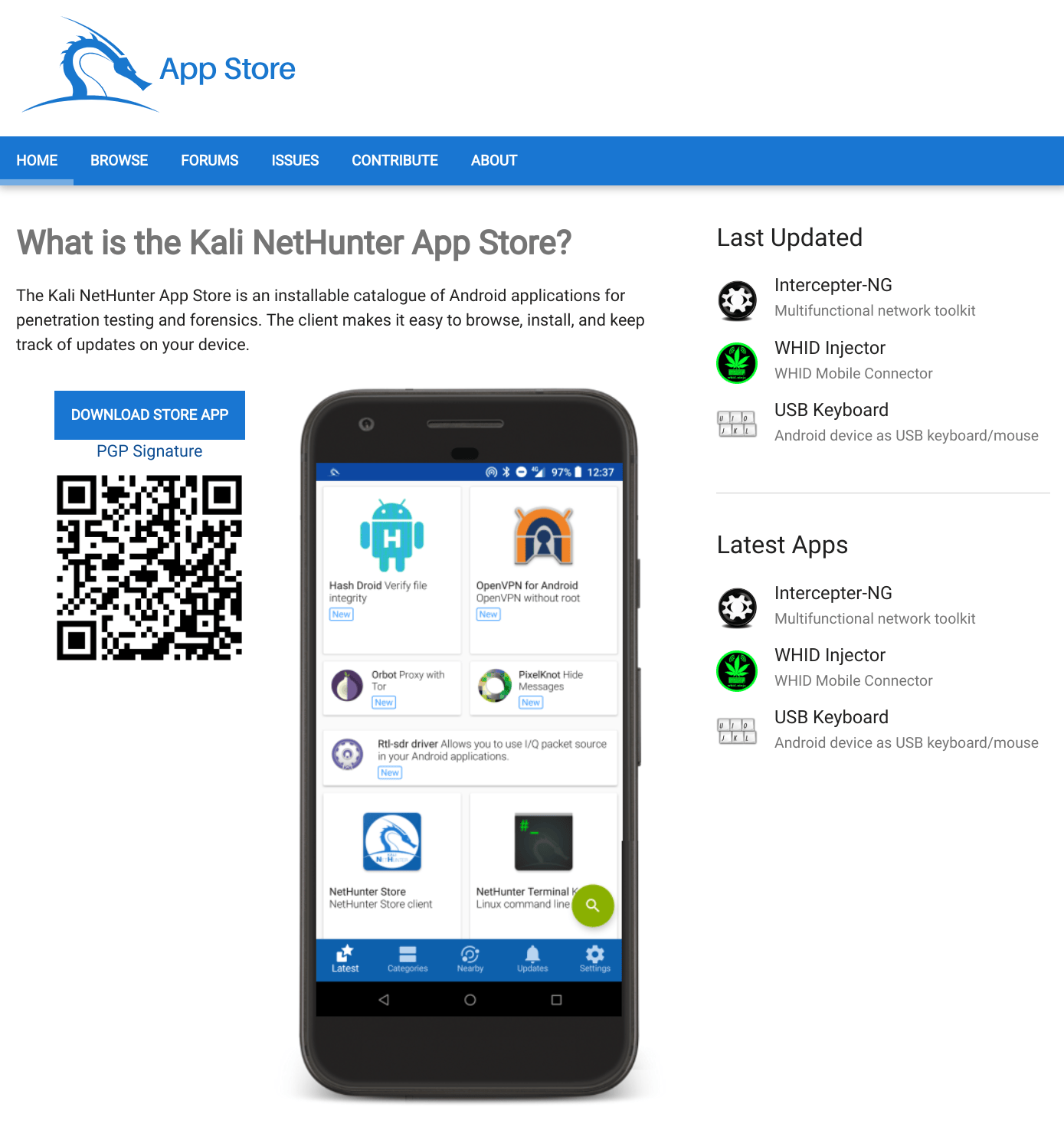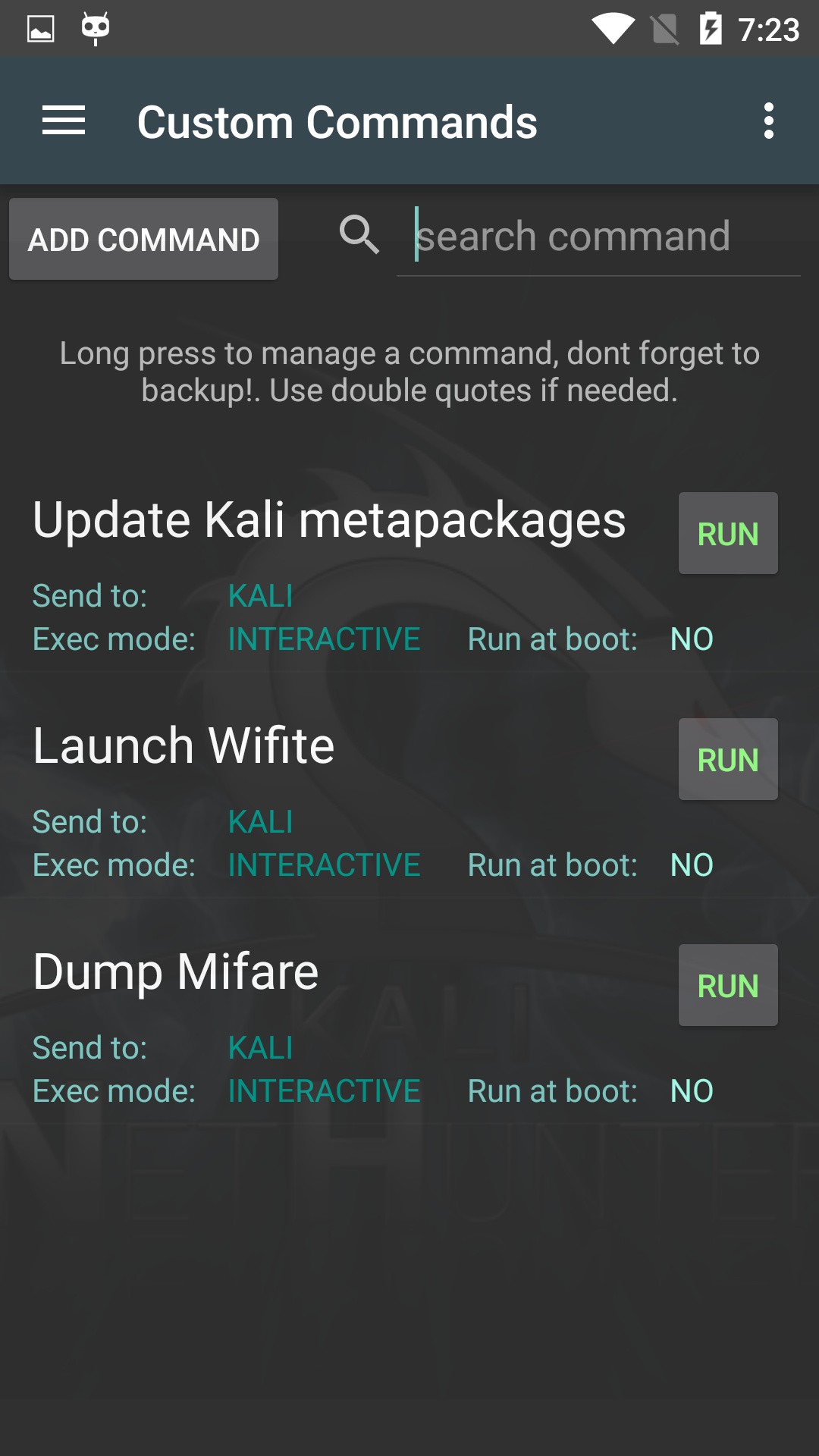
The CLI is built with Node.js and installable via npm. Install the community-maintained heroku-cli 7.60.1-1. Use the standalone installation for an autoupdating version of the CLI. Install with Ubuntu / Debian apt-get $ curl | sh xz is much smaller, but gz is more compatible. These tarballs are available in gz or xz compression.

You can also download one of these tarballs and extract it yourself. The script requires sudo and isn’t Windows compatible. To set up the CLI in /usr/local/lib/heroku and /usr/local/bin/heroku, run this script. It contains its own Node.js binary and autoupdates. The standalone install is a simple tarball with a binary.

VSCodium exists to make it easier to get the latest version of MIT-licensed VS Code.Download the appropriate installer for your Windows installation:ģ2-bit installer Standalone Installation with a Tarball If you want to build from source yourself, head over to Microsoft’s vscode repo and follow their instructions. These binaries are licensed under the MIT license. This project includes special build scripts that clone Microsoft’s vscode repo, run the build commands, and upload the resulting binaries for you to GitHub releases. The VSCodium project exists so that you don’t have to download+build from source. Therefore, you generate a “clean” build, without the Microsoft customizations, which is by default licensed under the MIT license When you clone and build from the vscode repo, none of these endpoints are configured in the default product.json. We clone the vscode repository, we lay down a customized product.json that has Microsoft specific functionality (telemetry, gallery, logo, etc.), and then produce a build that we release under our license.

When we build Visual Studio Code, we do exactly this. According to this comment from a Visual Studio Code maintainer:

Microsoft’s vscode source code is open source (MIT-licensed), but the product available for download (Visual Studio Code) is licensed under this not-FLOSS license and contains telemetry/tracking.


 0 kommentar(er)
0 kommentar(er)
